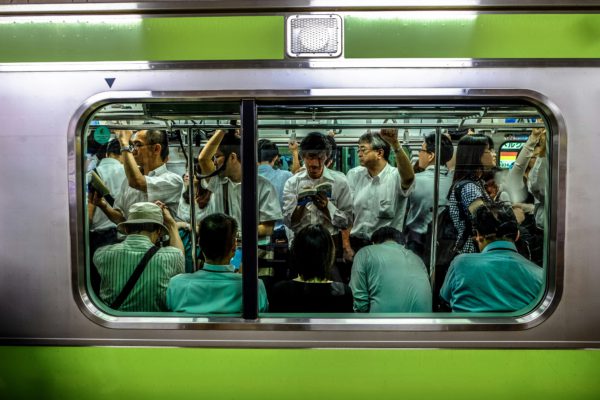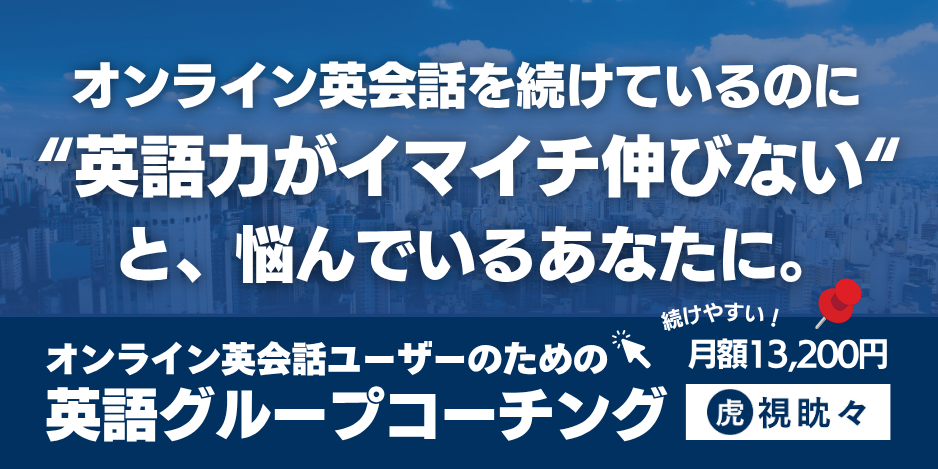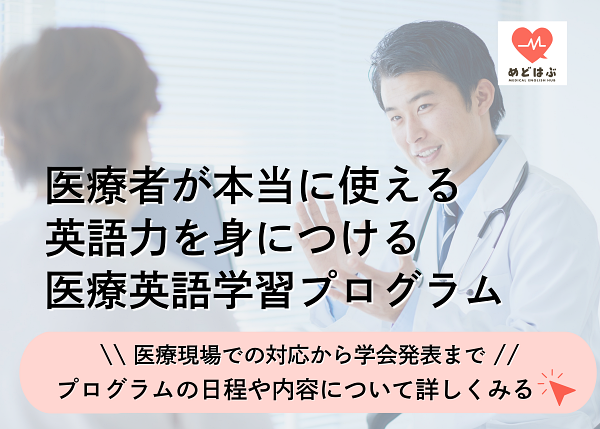
I have been really impressed with how many people can effectively use local transportation and get around the city. Millions of people pass through the busiest stations in Tokyo on a daily basis. I’m sure there are always improvements to be made but, in my opinion, it’s the passengers and not the transportation itself that need improvement.
One of the biggest culture shocks moving here was how people treat one another on the train. I have lived in busy metropolises before in other countries and have ridden on many crowded trains but have never experienced the strong attitude of looking out for number one like I have in Tokyo. Therefore, my wish is that the following areas could be improved:
Firstly, I hope one day that seats in general but especially the priority seats on trains and buses will truly be given to those in need of them. For other passengers, I hope they would stay alert and not be so glued to their devices so that if a passenger in need comes on the train they would give up their seats without any coaxing or requests needed. When I lived in Taipei, Taiwan, many younger people wouldn’t even take a seat on public transport because they knew at any moment someone older or in need would come on and need the seat. It was an unspoken rule and one I could easily observe and then quickly follow with everyone else.
Next, it would be wonderful if passengers would wait for the next train instead of taking up the time necessary to squish and find a way to get themselves onto an already overloaded train. A friend of mine recently moved from Tokyo to Shanghai and was amazed at the difference there. She said in Shanghai, rush hour is just as crowded as Tokyo, but there comes a point to how full a train is and then people will patiently wait on the platform for the next train.
Finally, if passengers could be a little more aware and considerate of others, that they are sharing a communal space, it would greatly help things run more smoothly. There is a natural mentality of first come first serve in taking up space on a train. However, being aware of our bags and belongings, or that where we stand is blocking the way for others to walk, would be of great help to others.
Last year, one of my good friends broke her ankle severely and had to travel around the city on crutches. As a Tokyo native, she grew up riding public transportation here and was nervous about taking crowded trains with her disability. She was pleasantly surprised, though, as on most days people were offering up their seats for her. During the months she had to use crutches she said she almost always found a seat and she gave credit to the rise in tourism during the spring season. She said not a single local offered up their seat to her during each train ride, but it was a tourist every time that was quick to notice her and offer up their space or seat to her. I have heard from others as well who have either experienced or observed the compassion of others and I hope this attitude will spark a change in local people here in Tokyo.
Laura
Vocabulary
look out for number one (idiom) – to think about yourself before thinking of others
be glued to (adjective) – giving all your attention to something; staying very close to something
coax (verb) – to persuade somebody to do something by talking to them in a kind, gentle way
first come first served (idiom) - people will be dealt with, seen, etc. strictly in the order in which they arrive
spark (verb) – to cause something to start or develop, especially suddenly
英語学習をフルサポート!
マンツーマン&コーチングの英会話教室
























